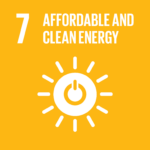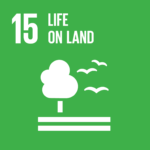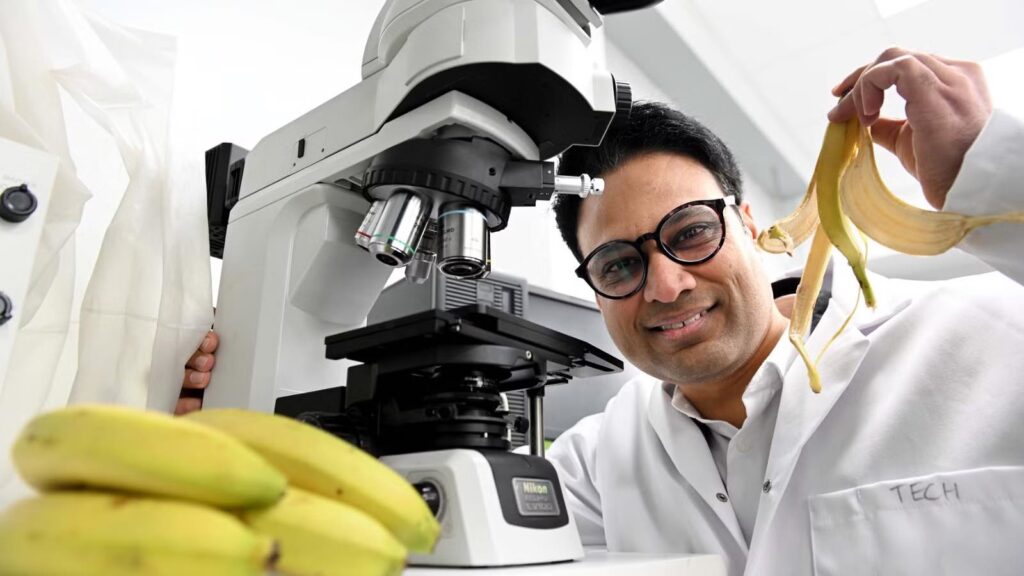RELEVANT SUSTAINABLE GOALS




From Waste to Power
Potential Impact
Pakistan's textile sector is responsible for significant environmental impacts, including greenhouse gas emissions, water pollution, and microplastics. “Our partners at the National Textile University in Faisalabad have developed a technology to convert banana agro waste into textile fibres, but the lack of electricity in rural Sindh, where the majority of the bananas are grown, has prevented this innovation from being scaled-up until now. “Over the next year we will be working to develop a new waste-to-energy technology which will convert agro-waste into clean and affordable energy. “This solution will benefit the textile industry, and local communities, as well as improving soil fertility and food production through the generation of biofertilizers.
Dr Jibran Khaliq, of Northumbria University’s Department of Mechanical and Construction Engineering
Lead image courtesy of Northumbria University.
You may also be interested in :
Gemah Ripah Market’s Innovative Biogas Power Plant: Turning Fruit Waste Into Energy


